|
Matthew Vaughn's Kingsman: The Golden Circle is a relatively enjoyable follow-up to the original film that unfortunately falls victim to typical sequel-itis, being a more generic, bombastic rendition that expands its action and storytelling to levels it struggles to keep streamlined and cohesive. Kingsman: The Golden Circle is unapologetically crass, raucous, and unfortunately far less compelling from a plot perspective than the original, being a film thats outlandish action, while visceral in nature and full of escapist glee, cannot make up for its lack of creativity when it comes to telling a compelling follow-up story. Featuring absurdist villains and creative action set pieces, The Golden Circle by-and-large keeps the spirit of the original alive, although the story itself could have used more work.
0 Comments
While Rian Johnson's Star Wars: The Last Jedi deserves some criticism related to pacing, plotting, and a lack of general exposition when it comes to establishing the world in this new trilogy, the film deserves far more credit for its willingness to step out on its own, taking the original trilogies thematic assertions related to heroism and expanding upon them, delivering a mature deconstruction of the nature of power, and the coercive effects it can place on all individuals, whether they appear to be good natured or not. Star Wars: The Last Jedi starts off with a bang, with the first half of the film being a visceral, non-stop chase movie, one that slowly succumbs to its large cast of characters, all of which seemingly need something to do. While some character's archs in this film are completely meaningless, or at least unnecessary in regard to keeping the core narrative thrust in motion, Star Wars: The Last Jedi's treatment of Luke Skywalker is one that is mature, nuanced, and impressive, detailing in Luke a character whom has tasted failure first-hand and has responded with seclusion, cynicism, and internal conflict. With Luke's characterization, Star Wars: The Last Jedi displays an intriguing examination of heroism and authority, examining how power itself, whether well-intentioned or not, often leads to dark places. Luke himself failing as a Jedi master is directly related to the position of power and authority placed on him by those whom viewed him as infalliable, an internalized appointment which led him, at least in part to fail Kylo Ren. Star Wars: The Last Jedi first and foremost is a story about Luke's redemption and true heroism, a character who recognizes that power structures such as the Jedi themselves, the traditional hierarchies established within, are nothing but an elevated status and mean nothing about the character from within. Featuring a story about heroism that is far more mature than I was expecting, detailing the grey area which exists between good and evil, light and dark, Star Wars: The Last Jedi recognizes the coercive effects which power and authority can place even on good individuals, recognizing that the difference between good and evil is never binary.
A disturbing, confrontational documentary profiling big-game hunting in Africa, Ulrich Seidl's Safari is a harrowing document of the destructive nature of humanity, contending that our paramount status in nature is the problem. The mise-en-scene in Seidl's films always stands out and Safari is no exception, featuring a stringent, symmetrical aesthetic that is quietly menacing as the film profiles various wealthy German tourists, each of which justify their actions in various ways, while their various trophies, the victims of their actions, loom over them in harrowing detail. While each of these German tourists are not treated in some form of monolithic way, Safari as a film is ripe with imperialistic undertones. While the film acknowledges the potential benefits these individuals bring to the African people through big-game hunting, the way Seidl juxtaposes the foreigner's homes and way of life with that of the local people in the film's final minutes certainly suggests he isn't completely accepting this justification, as the economic argument ignores the destructive effects which humanity as a whole has on nature. A film that is not for the faint of heart, Ulrich Seidl's Safari is another engrossing yet confrontational documentary, challenging the viewer to question exactly what humanities place in this fragile world.
By the Time it Gets Dark is a graceful meditation on Thailand's past and present, a film bristling with humanism throughout its fragmented formalism which follows the lives of various seemingly unconnected individuals in Thailand. A relatively loose narrative following a host of characters which include a film director and her muse- an older woman whose life was transformed by the political activism of her earlier life, a young waitress whom seems to be constantly changing employers, as well as an actor and actress couple, By The Time it Gets Dark slowly reveals the invisible connections in which each of these individuals share, in particularly the turbulent past of Thailand. The fractured nature of the narrative makes this film a tad hard to follow, with one finding themselves grappling with the exact intention of this film for much of its running time, which could be considered a good or bad thing depending on your temperament and general desires when it comes to what they want from cinema. A film which details the transformative nature of time itself, By The Time it Gets Dark is a challenging peace of cinema which is easy to get lost in, both cognitively and emotionally.
Bryan Fogel's Icarus is one of those lightning-in-a-bottle documentaries which starts with humble beginnings only to transform into an expansive documentary profiling the largest doping scandal to ever be uncovered in the professional sports world. A documentary which plays like a thriller, Icarus profiles what is perhaps best described as the "Edward Snowden of the sports doping world", a man whom divulged a wide-reaching Russian doping scheme, who now fears for his life. Using Orwell's famous novel 1984 as a backbone both structurally and thematically, Icarus is a thrilling documentary which effectively pits one man against one of the most powerful nation states on the planet, raising far-reaching questions about the competitive sports world.
A bombastic, surrealist evisceration of Japan's socially conservative culture, Sion Sono's Antiporno sets its sights on the double standards and restrictive nature placed on woman in Japanese society. Adhering to no true narrative structure, and routinely subverting any form of expectations throughout, the iconoclastic filmmaker paints an expressive portrait of female oppression and objectivity, doing so in a way in which Sion Sono only could. The main character Kyoto is a surrogate for Japanese woman as a whole, with her internal turmoil centered around sexual repression and double standards presenting an existential threat, one in which personal identity is a fleeting concept when personal freedom isn't allowed. She is a character whom is effectively manic from start-to-finish of this film, a psychologically traumatized character whom is a symbolic and existential representation of the woman in Japanese society. Hilariously depraved, hyper-stylized, yet socially relevant and assured in its evisceration of female oppression and servitude in Japanese society, Sion Sono delivers another mind meddling experience which eschews traditional storytelling principles.
Transversing the monster movie story archetype, Guillermo del Toro's The Shape of Water is a romantic fable set against the backdrop of the Cold War era, being a story about the most powerful of all forces - love. The story, centered around the budding connection between Elisa, a lonely mute who works in the janitorial department of a high-security government laboratory, and a secret classified experiment, del Toro's latest is a high concept romance, which pontificates about love and the cold embrace of loneliness. While the romance itself is heartfelt and compelling, thanks in large part to Sally Hawkins wonderful performance, the most interesting aspect of the film is the juxtaposition between their budding romance and the life of the main antagonist, a government agent whom will stop at nothing to dissect this fantastical creature. Played by Michael Shannon, this character is a malevolent force for much of the film, yet it's the subtle ways in which the film captures his own longing and sense of true connection where the film makes its most fascinating assertions. While this character is tremendously one-note at first, a walking cartoon of government & military authority, his characterization evolves as the film progresses, as del Toro subtlety showcases how his anger is a direct result of his inability to love. This juxtaposition with that of the jubilation which our main protagonist experiences when she herself finds this connection, via this creature, is fascinating and compelling, as The Shape of Water becomes a rallying cry for more genuine kindness and love in the world, asserting that loneliness, isolation, and fear of what we don't understand are the root cause of anger and violence.
An uproarious pitch-black comedy with bite, Craig Gillespie's I, Tonya is a confrontational examination of modern society and culture, questioning our collective consciousness' judgemental nature, and the destruction it can bring to those underneath the microscope. While the film is unquestionably apologetic to Tonya Harding, Gillespie's film asserts that her saga is a reflection on all of us, detailing how preconcieved notions about gender, class, and variant cultures only fuel the media feeding frenzy, one that's salacious nature is a reflection of societies lust for blood. In I Tonya, Harding is a flawed but tragic character, an individual whom is a victim of her own circumstances, searching for affection the only way she believes is possible - through fame. Her thirst for approval is cultivated due to a dispassionate mother, as Tonya Harding stumbles through life attempting to find a sense of approval and love. Structurally playful, yet thematically assured, I Tonya skewers this ideal of objective truth in modern society, recognizing that humankind itself may be incapable of objectivity, when so much of the world is viewed through our own prism which is unquestionably distorted by our own personal truths. Featuring a compelling lead performance by Margot Robbie which perfectly balances the outlandish with piercing moments of emotional resonance, Craig Gillespie's I, Tonya is confrontational deconstruction of the toxic and perpetual nature of this relationship between mankind's inability to be judgment free and a 24 news cycle which feeds off it.
Based on true events, Bartosz M. Kowlaski's Playground is quietly disturbing experience, a film which wields a cold, surgical precision in its observational study of child violence and the quiet escalation of brutality which can manifest itself in the impressionable minds of youth. Presented in a series of interconnected vignettes, Playground profiles two young boys and a young girl on the morning of the last day of school in a small Polish town, presenting each of them in their home life before their stories converge. Observational in approach, but lacking the nuance and grace to be something truly profound, Playground is a film which delivers a haunting, borderline dehumanizing story but never does much when it comes to attempting to grapple with understanding causes of such brutality, only serving up half-baked platitudes which aren't thoroughly presented or explored. Perhaps this is the intention, with the filmmaker absolute in his intention to not pretend one can fully grasp such horror, but the film at times provides subtle suggestions related to parental detachment and coercive pop-culture influence, never going far enough in the exploration of these ideas. One should be forewarned, the finale of Playground features one of the most disturbing scenes committed to celluloid this year, one in which the filmmakers present with maturity and craft. Without going into too much detail about this truly haunting finale, lets just say that the filmmakers themselves keep their lens at a distance, using a long lens, static composition, unable and unwilling to present such a scene in much detail, cognizant of not wanting to be exploitative in the slightest, with the filmmakers themselves visually expressing their own inability to fathom such brutality. .
An ambitiously designed story about psychological effects which grief, loss, and personal trauma can place on the human psyche, Foxtrot transcends its emotional core, delivering a piercing anti-war/anti-statist message which cuts deep. From the opening frame, Foxtrot appears to be a rather traditional narrative about grief, loss, and internal trauma, centered around the loss of a loved one, yet the film subverts expectations with its complex structure and thematic assertions centered around the perpetual nature of war and the toll nation states place on the individual. Drawing parallels between a father and son, both of which find themselves emotional damaged due to the inhuman nature of military conflict, Foxtrot is a powerful deconstruction of dehumanizing effect which nations can have on the psyche of its citizens, showcasing the subtle sense of ownership which the Israeli military places on those whom serve. Throughout its narrative, Foxtrot reveals the destructive nature this trauma has on these two individuals, in particularly the father, drawing parallels between these two individuals, showcasing how they both were deeply damaged due to serving their country. The craft of the film mirrors the film's ambiguous story design, using an astute style which exudes the feelings of isolation and internal longing, with cinematography and use of mise-en-scene which is visceral in nature, yet never overly stylized, showcasing the cold, dehumanizing nature which death, grief, and loss has on the human psyche. A tragic story of a father's own internal trauma inevitably leading to the destruction of something he deeply loves, Foxtrot is a powerful examination of the oppression which the state places on the individual, whom are often left to suffer and the pay the cost for its collective mistakes.
|
AuthorLove of all things cinema brought me here. Archives
June 2023
|
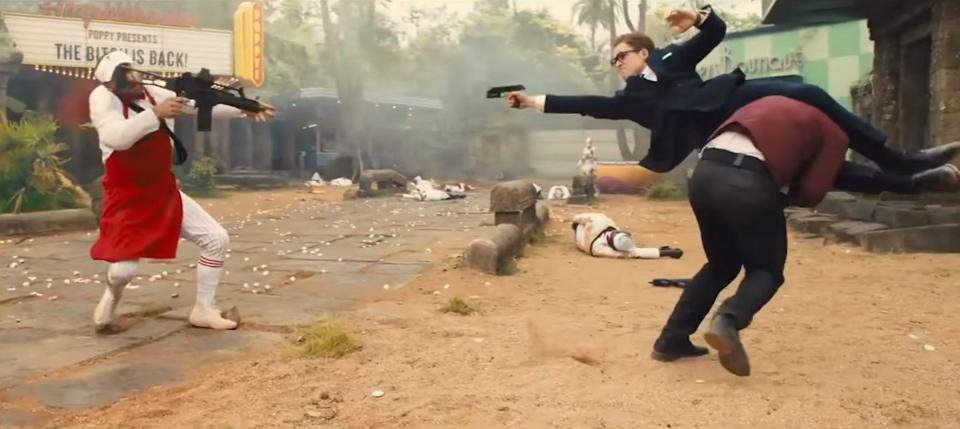
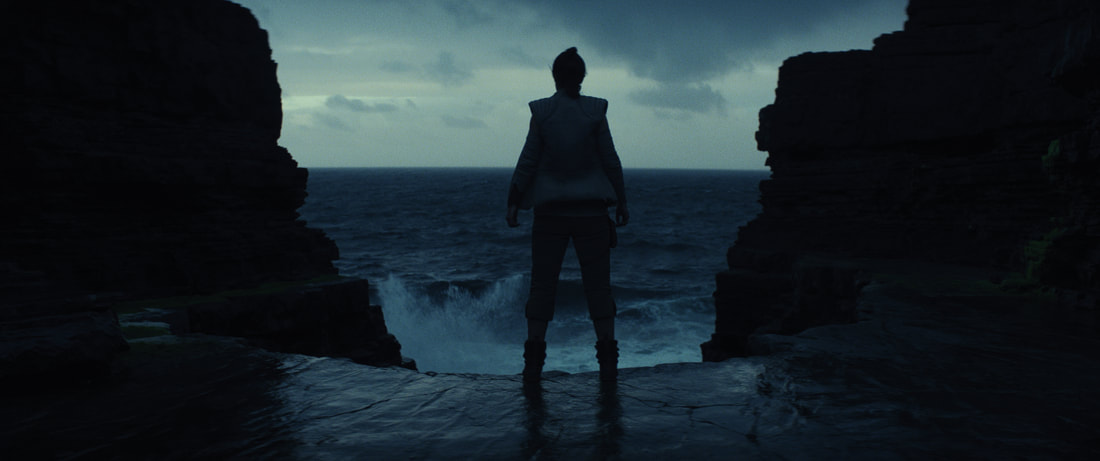
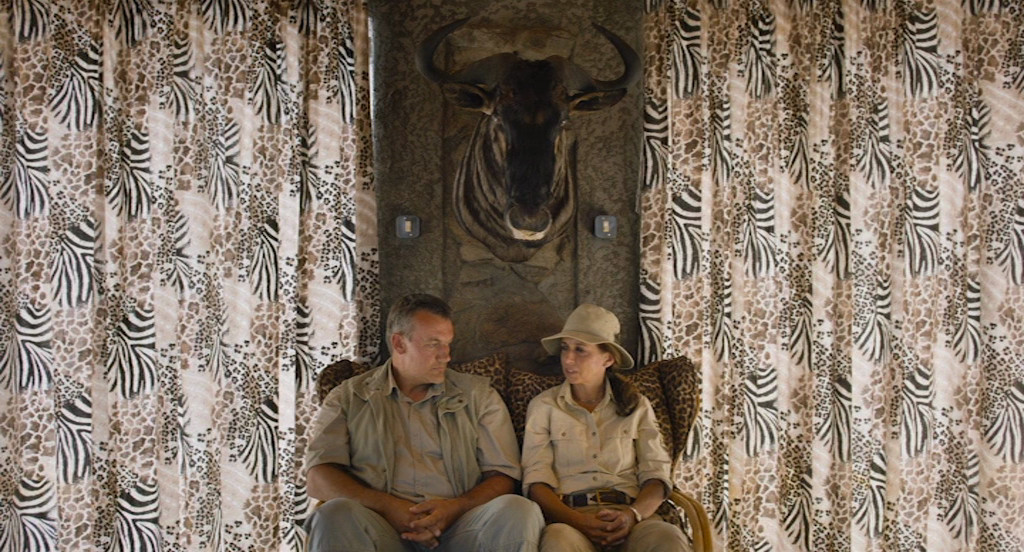

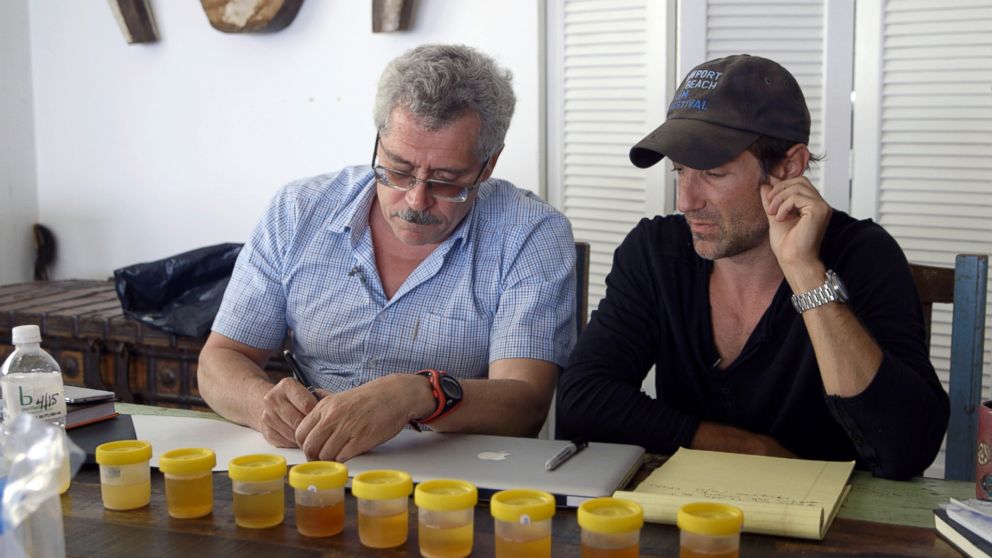

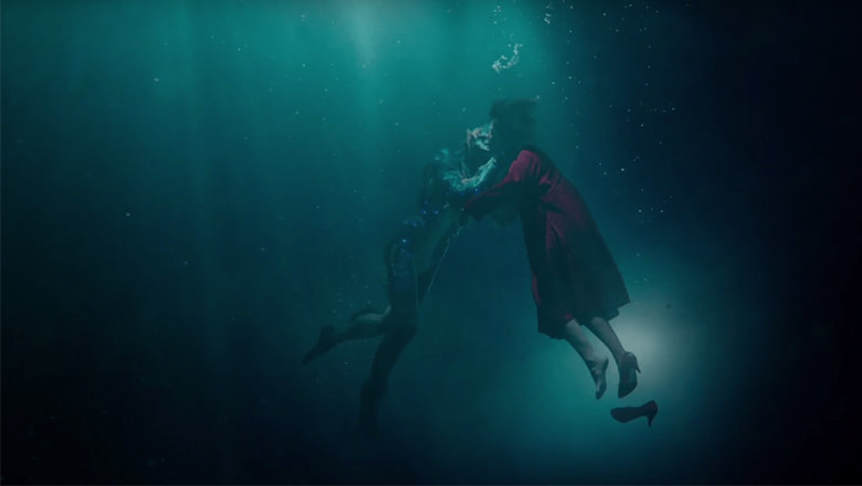
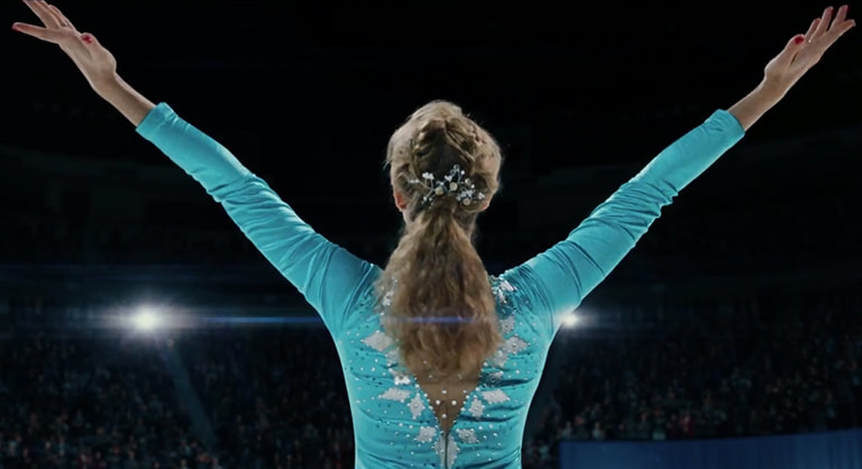

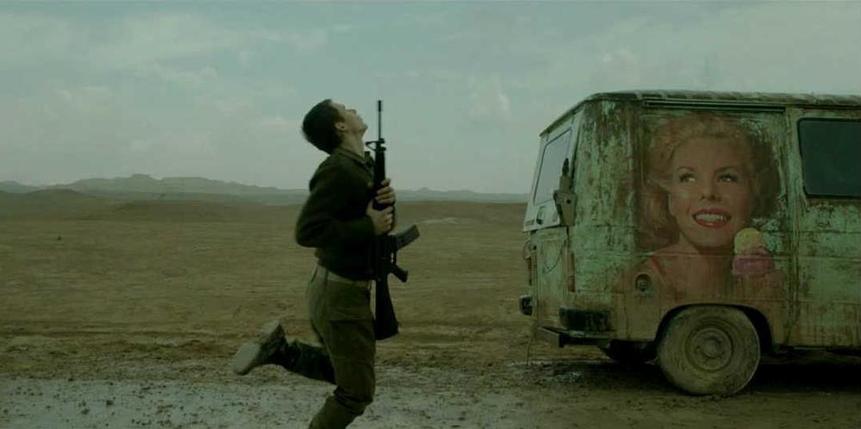
 RSS Feed
RSS Feed
